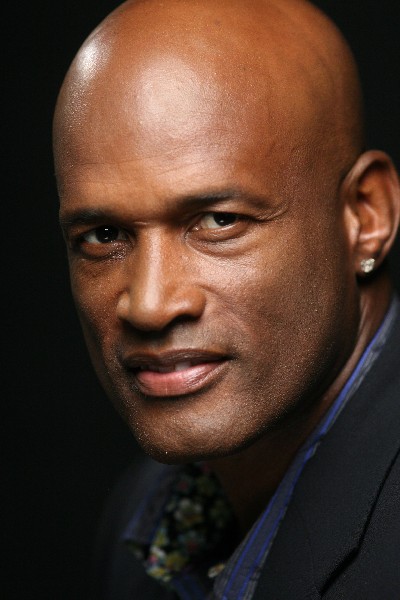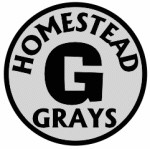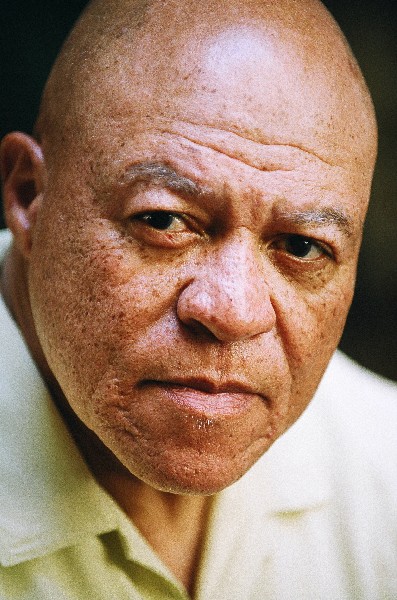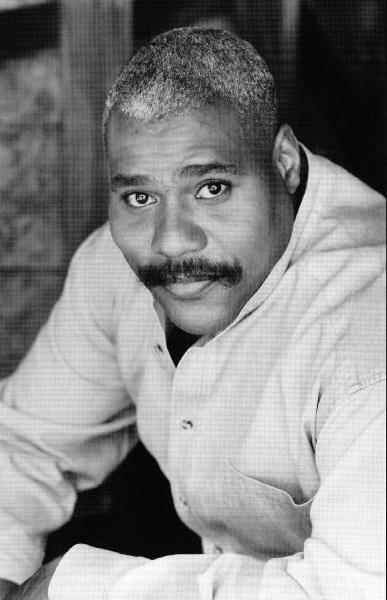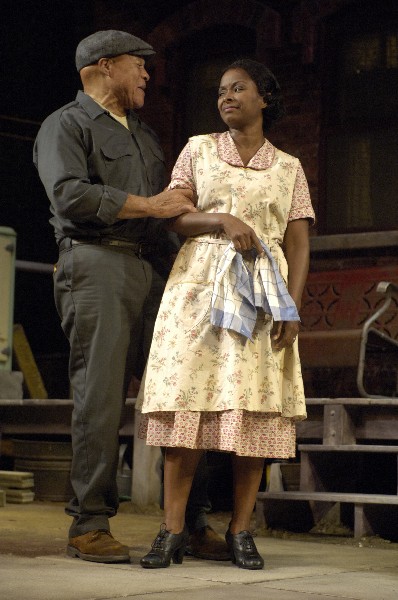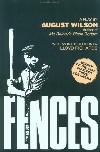Fences At Huntington Theatre Company Smashes It Out of the Ballpark
August Wilson's Greatest Drama
By: Mark Favermann - Sep 30, 2009
Fencesby August Wilson
Directed by Kenny Leon
Winner of a Tony and a Pulitzer Prize for Drama
9/11/09 to 10/11/09
Boston University Theatre, Mainstage
Huntington Theatre Company
264 Huntington Avenue
Boston, MA 02215
Running time: About 2.5 Hours
Box Office 266-0800
www.huntingtontheatre.org
Cast
John Beasley, Troy Maxson
Chrystal Fox, Rose Maxson
Brandon J. Dirden, Lyons
Eugene Lee, Jim Bono
Warner Miller, Cory
Bill Nunn, Gabriel
Faith Lambert and Hyacinth Tauriac, Raynell
Production Artists
Scenic designer, Marjorie Bradley Kellog
Costume designer, Mariann Verheyen
Lighting designer, Ann Wrightson
Sound designer, Ben Emerson
Composer, Dwight C. Andrews
Production manager, Leslie Sears
Stage manager, Vanessa Coakley
The Huntington Theatre Company has opened its 2009-10 Season with a grand slam home run, Fences by August Wilson. This is a major league play. Not only is this 1987 Tony award-winning and Pulitzer Prize winning drama a great piece of stagecraft, but it is also a fabulous showcase of terrific acting talent. The all Black cast is superb as is the company's perennial set, costume and lighting design. Fences is a major American play. No pun intended, but the Huntington has a great hit with Fences.
The late August Wilson (1945-2005) died of liver cancer four years ago. He and the Huntington had a long and distinguished relationship. The Huntington Theatre Company was literally one of Wilson's artistic homes, Previously, it showcased eight of the ten plays in his 20th Century series chronologically the Afro-American experience during each decade of the last century. Fences is set in 1957.
The play is the story of Troy Maxson (John Beasley), a former star baseball player on Pittsburgh's Homestead Grays Negro League Baseball team. The league crumbled after Jackie Robinson integrated Major League Baseball. Though Troy was one of the best players in the old league, he was too old to play in the Majors when they integrated. After a stint in jail, he is now a municipal garbage man. He is bitter and angry, but resolved to cynically make do. He says that he loves his wife Rose (Chrystal Fox), and he is awfully tough on his teenage son Cory (Warner Miller). Troy shares a pint of whiskey every Friday evening after work with his admiring co-worker and friend, Bono (Eugene Lee). They are garbage men together and did jail time together.
Cory would like to go to college on a football scholarship, but his father Troy's negative experience with the promise of wealth and glory and the actual reality of his life poisons his chances. His father will not let him play on his high school team regularly or be properly recruited by college coaches. Troy refuses to sign Cory's scholarship papers, and Cory ends up working at a neighborhood grocery store. Therefore, the sins against the father are sinned against the child as well. In some ways, this has been the experience of generations of black males in America.
Subplots flow through the narrative as well. A major one is the metaphor of the fence. This is a fence that Troy has promised to build around his house's yard. Initially, this task is put off, but then father Troy commands son Cory to help. Thus, Cory is fencing himself in while not being allowed to get out, to get ahead. When completed, the fence separates the Maxson family. It encapsulates them. The fence completes there property, but at its completion, the family falls apart and becomes less complete. The fence is about limitations; the fence is about hitting home runs; and the fence is about physical, racial and mental separation.
Another theme is about Troy's brother Gabriel (the glorious Bill Nunn). Gabriel is not quite right mentally since a plate was put in his head after being wounded in WWII. Yet, Gabriel is a spiritual being, evoking the Lord and the promise of heaven. Troy seems to have taken advantage of Gabriel and bought the family house using Gabriel's veteran's benefits. He justifies this by saying something good came of Gabriel's wounded life. Instead of living with Troy and his family, Gabriel lives as a border in a room at an old lady's house that Troy pays rent for. This gives Gabriel a sense of independence. Yet, Gabriel is apart from the other Maxsons but still part of the family.
Lyons (Brandon J. Dirden), Troy's much older son by another woman, comes to visit Troy and the Maxsons often to borrow money. But just as often he comes to connect with his mostly disconnected father, Troy. He is a professional musician that has a demanding girlfriend. Like sports, music and entertainment jobs are tenuous but real ways for Afro-Americans to get out of poverty.
Sports is a symbol of failure to Troy. It is his past glory, his pinnacle of success, and yet it is downfall, his Achilles' Heel. His batting average was better than Jackie Robinson's, but due to his age, attitude, or demeanor, Troy was never given a chance to actually succeed. So, unfortunately, he does not allow his son to succeed either. This is a statement about race relations in America as well. However, Troy has a personal victory in the struggle for racial inequality.
This occurs when Troy files a formal employee grievance against the discriminating policy that only white men could drive garbage trucks while black men had to work only on the ground. Rose and Troy worry a bit about him being fired. Instead, Troy becomes the first black truck driver when his grievance is upheld.
Fences is in essence a story of an individual peaking too early to properly benefit from his talent. Troy is resentful of a world that denied him his rightful opportunities. Unfortunately, he takes this out on his youngest talented son, either through jealousy or fear. His wife Rose is an anchor to the family, but eventually sets Troy adrift due to his own selfishness. This is the failure of a marriage by husband and father caused by his background and his own wrong decisions. Brother Gabriel allows another less worldly perspective to be perceived. The various threads of the narrative are wrapped in a time and place of racial prejudice and personal humiliation.
Fences is already an American theatrical classic. It is a theatrical triumph, not just about Black folks in the late 1950's, but instead, it demonstrates the humanity in us all. The acting in this Huntington Theatre is wonderful. We seem to know each of the characters. Several of the actors are familiar from movies and films. The script and the staging are superb. This is a great show that should be seen by everyone. Bravo!



